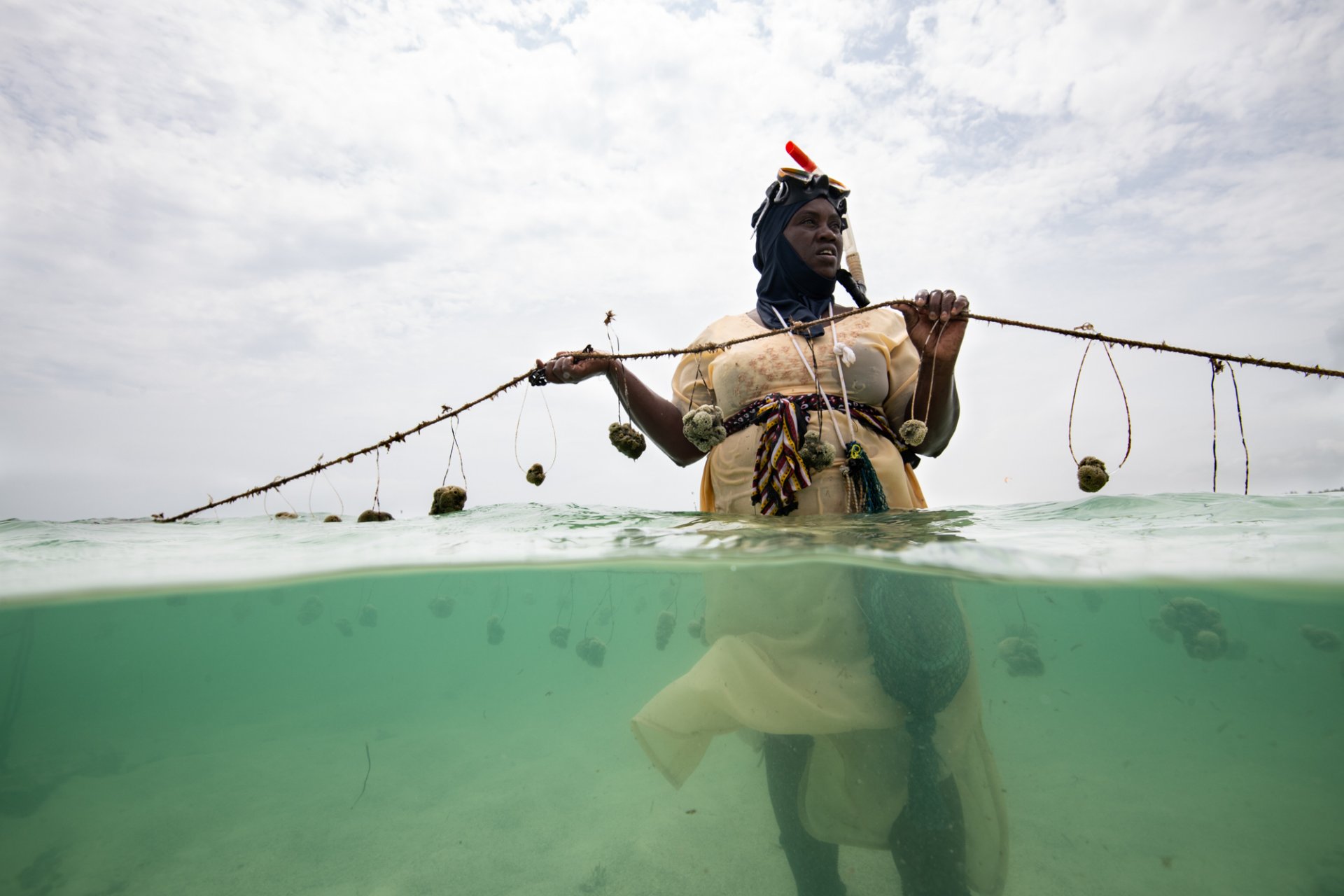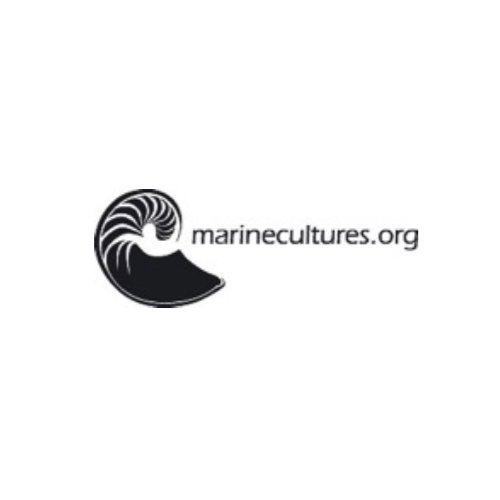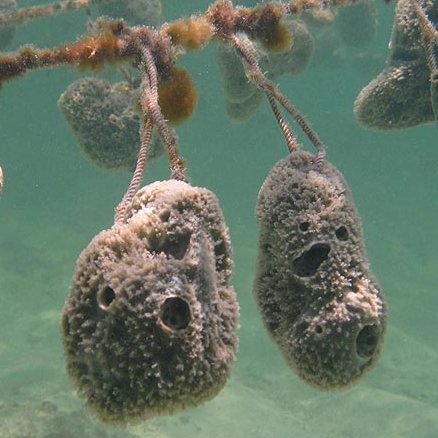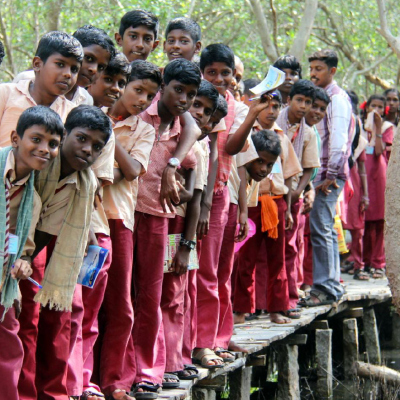
- Lighthouse Foundation
- Projects
- Tanzania: Independent sponge farmers
Tanzania: Independent underwater sea sponge farmers of Zanzibar
What is at issue:
The aim of the project is to improve the living conditions of the inhabitants of Zanzibar's coasts, whose income has been declining for years due to climate change and the rising cost of living caused by tourism there.
Most of the beneficiaries of this project are single mothers. The women are trained as sponge farmers. Each farmer will have her own farm, from which she will be able to live after one year by selling the sponges.
Film report - For most of her life, Zedi Abdullah Abdullah looked at the sea in front of her village with fear. Then she gathered her courage, learned to swim and started sponge farming. Today she is financially independent and a respected person in the village.
What's happening now:
The monthly income of the women farmers varies. For those who are systematic, the sponges provide good income. In order to increase commitment and income, the newly founded sponge farmers' cooperative has decided to no longer give new farms to the farmers free of charge, but to grant them temporary leases.
Since the start of the project, there has been a mortality rate of between 10 and 30 percent among the sponges caused by pests and diseases. In September 2021, however, almost all of the sponges were lost, with about 15,000 sponges in 15 farms. The loss of income for the women farmers is enormous; they only have sponges to sell for 2-3 months until their stock is empty.
Changes in environmental conditions, water pollution and/or a fungal or bacterial infection have been cited as possible reasons for the mass die-off. Water and sponge samples have already been collected and sent to Oldenburg University in Germany for analysis.
In the rearing farm in deeper water (4-9m depth), the loss was significantly lower than in the productive farms (0.5-4m depth) near the shore. Therefore, all remaining animals were evacuated to deeper water. In addition, the farmers thoroughly cleaned all the farm material and removed the dead sponges from the seabed.
Another cause could be the monoculture of the sponges. Seaweed (species Spinosum) has now been cultivated in the empty farms for the first time, so that the farmers will at least have some income for the next 8 months. As soon as possible, new sponge fragments are to be brought back to the productive sponge farms and hung among the seagrass.
The sponge farmers' cooperative is established and the official registration procedure has started. The plan for 2022: Expansion of the number of productive farms, cultivation tests of various seaweeds and algae (e.g. Ulva/Sea Lettuce) for the purpose of multiculture, training of the sponge farmers in the management of the cooperative including accounting, handover of all sales activities including quality management. Simplification of the sponge nursery management.
What we have achieved:
In the first phase 2010 - 2015, the locally occurring sponges were researched together with the population of Jambiani on the east coast of Zanzibar and methods of cultivation and marketing were developed.
In the 2016 - 2019 phase, the sponge farms were developed and a local market for the natural sponges was opened up. The sponge farms enable the women farmers to earn an independent income.
In the 2020 - 2021 phase, more productive farms were established and disaster management in case of losses was improved after the massive mortality. In the sponge farmers' cooperative, detailed operating regulations were introduced. New sponge farmers are already being trained by the experienced farmers. Marinecultures.org monitors the progress and only intervenes where necessary.

)
)
)